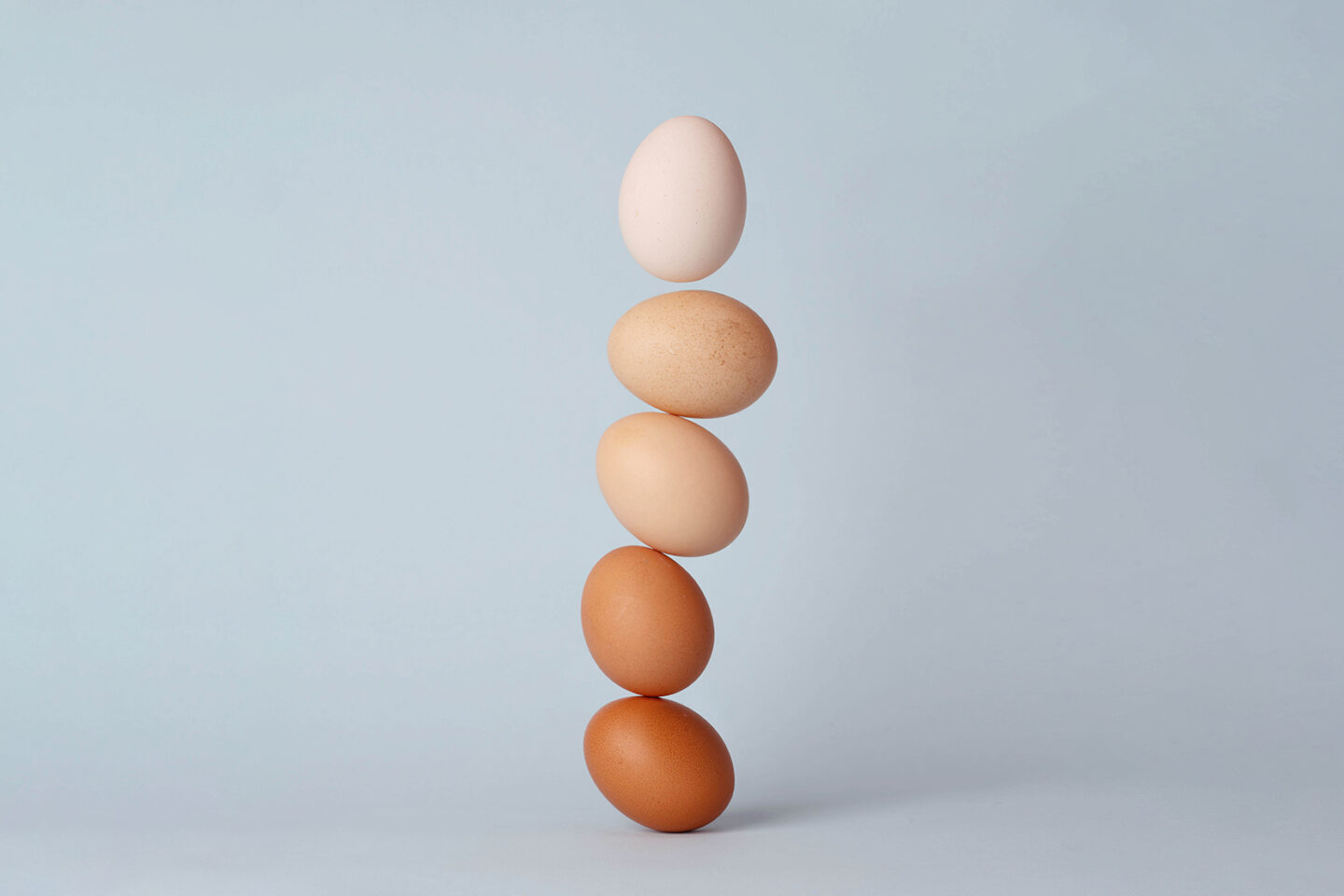4 Reasons You Should Be Eating Animal Proteins

Many of us are familiar with the oft-touted phrase, “proteins are the building blocks of life.”
While dietary balance is a key factor in overall health, the above statement could not ring truer in terms of the basic mechanisms our bodies use to truly thrive.
Consuming varied food choices on a regular basis is recommended in order to access a broad range of vitamin and mineral nutrition. But, when it comes to protein sources, sustainable and unprocessed animal proteins win the gold star and hold the most weight (both literally and figuratively).
In fact, the Food and Agriculture Organization of the United Nations (FAO) recently published a report stating animal proteins such as meat and eggs “are vital sources of much-needed nutrients, such as proteins, fats, and carbohydrates, that aren’t easily found in plant-based foods.”
Why you should be eating more animal protein
1. Performance and Recovery
Protein contains the amino acids your body needs to build and maintain lean muscle mass. As you go throughout your day and complete your workouts, you’re tearing your body down. Progression, improvement, and success only ensue when the muscles have the chance to build back up. We tear down, and then we rebuild.
Adequate dietary protein is required to promote muscle growth, repair damaged cells and tissue, synthesize hormones, and to assist in a variety of other metabolic activities. High-quality protein contains the essential fatty acids and the selenium we need to combat inflammation, carries the most readily available heme-iron our bodies need to prevent anemia, carries zinc for immunity, and provides B12 for proper cell formation and energy level support.
2. Bone Health
While our muscles move our bodies, our bones hold our bodies. The superb attributes of calcium found in high-quality animal proteins ensure the digestive system can properly absorb the nutrients and contribute to the metabolic advantages offered by consuming higher protein diets.
The intestinal absorptive properties of the calcium in proteins such as meat and fish facilitate the most rapid and sustained delivery of nutrition to the bone structures in the body. Strong bones prevent injury and promote longevity in sport and in overall health.
3. Brain Health
A less obvious and often ignored reward of a high-protein diet is the health of our brains and improvement in both cognition and mental states. With the complete profile of nine major fatty acids our brains need to function and synthesize processes, neurochemical functioning and overall emotional affect greatly improve. Multiple studies have shown dramatic improvements in the treatment of anxiety, depression, and dementia with dietary changes related to greater consumption of animal-based, high-quality proteins.
Essentially, the healthy fats, B12, choline, and energy that these proteins provide contribute to enhanced emotional regulation and cognitive achievement; we feel better, we think better, and we are better.
4. Density and Bioavailability
Simply stated, premium protein gives us more bang for the buck! Animal proteins are a complete source of protein, containing all the essential amino acids we need in our diets. While it is possible to mix and match with plant-based proteins, properly combining all these different types of foods can be tricky for achieving an overall balance, and the process may require less than ideal amounts of food consumption.
For example, broccoli contains excellent amounts of vitamins, minerals, and fiber, but one would need to consume about 26 ounces of broccoli in one sitting to obtain the same amount of protein as 3.5 ounces of cooked steak. That is more than seven times the amount of broccoli by weight. By calories, broccoli contains similar amounts of protein per ounce as steak, but this simply is not an efficient (or digestively comfortable) way to achieve our protein intake goals for the day.
Plants are an amazing and nutritious source of many things, but let’s keep the protein portions “prime.”
Highly processed plant-based meat substitutes are another problem. They may taste like meat (most do not), but they are made with highly processed seed oils, grains, soy, and lectin-filled legumes. (Remember, when you cannot pronounce the word on the label, or the list of ingredients is longer than your entire month’s grocery list, this is not welcomed by your homeostasis.) Not only are these faux meats less than ideal for digestion and overall health, but the protein quality doesn’t even come close to that of high-quality, animal-based sources either.
Paleo-approved animal proteins
So, what are those prime sources of protein most recommended?
-
- Wild caught fatty fish (salmon, mackerel)
- High-quality (grass-fed) lean red meat
- Eggs
- Lean poultry
- Nitrate and sugar-free pork
Aim for your proteins to be grass-fed, free-range, and wild-caught to best avoid artificial preservatives, chemicals, and added hormones.
References
- Smith, Mark. Animal protein is superior to plant protein. The Paleo Diet. https://thepaleodiet.com/battle-of-the-proteins-comparing-animal-to-plant-and-animal-to-animal-sources
- Thompson-Payton, L’Oreal. A major health organization says meat, eggs, and milk are vital sources of ‘much needed nutrients.’ Fortune. https://fortune.com/well/2023/05/08/meat-eggs-and-milk-nutrients/
- Food and Agriculture Organization of the United Nations. Contribution of terrestrial animal source food to healthy diets for improved nutrition and health outcomes. https://www.fao.org/3/cc3912en/cc3912en.pdf
- Pasiakos SM. Metabolic advantages of higher protein diets and benefits of dairy foods on weight management, glycemic regulation, and bone. J Food Sci. 2015 Mar;80 Suppl 1:A2-7. doi: 10.1111/1750-3841.12804. PMID: 25757894. https://pubmed.ncbi.nlm.nih.gov/25757894/
- Sandwood, Jane. The connection between protein and your mental health. Mental Health Connecticut.https://www.mhconn.org/nutrition/protein-and-mental-health/
Ashley DeKam, N.D., C.H.S.
With several decades of experience in the health and wellness field, Ashley is passionate about educating, inspiring, and aiding those who want to better their lives and health.
More About The Author




